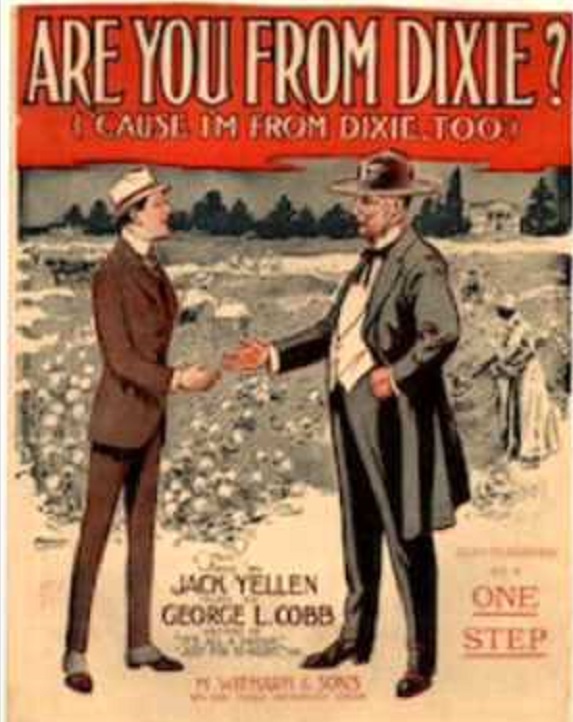
In October 1901, President Theodore Roosevelt invited Booker T. Washington to dine at the executive mansion. This was an unprecedented move. No African-American had ever been asked to dine with the president, and while neither Roosevelt or his staff said much of the event, it was surely done in the spirit of reconciliation and Roosevelt’s desire to be “the people’s president.” Reaction to the visit was mixed. The pro-Republican press tended to support Roosevelt’s unexpected gesture while Democratic organs, North and South, either questioned Roosevelt’s intentions or denounced the meeting altogether.
Historians have mostly focused on the Southern response to the event, primarily “Pitchfork” Ben Tillman’s vicious statements condemning the dinner as a slippery slope toward the creation and acceptance of a “mongrel race.” But less than one month later, William Jennings Bryan dedicated nearly three pages of his personal newspaper The Commoner to what one Southern paper called the “peculiar” interview. Bryan was no race baiter. He showed sympathy toward African-Americans and argued that they were as capable of “self-government” as any member of white American society, yet he also believed in the status quo in regard to race relations. Bryan wrote that he:
More @ The Abbeville Institute

No comments:
Post a Comment